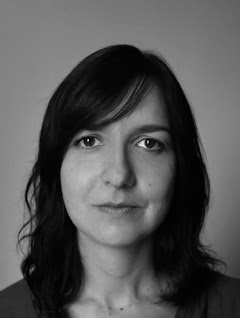Beat
A wide variety of subjects, news, daily life, social issues, cultural traditions and sports.
One Shot

“I like this picture because it shows what strange times we are living in during this coronavirus pandemic. The burial was happening at night because there were so many burials that the gravediggers were working overtime. Even though we cannot see the man’s face, we can feel his pain. He holds the casket in a fleeting final farewell, reduced to nothing, as all rituals and wakes for COVID-19 victims are cancelled to avoid contact and contamination.”
Profile
My earliest memory of photography is of my family’s albums of 6 x 6 reflex camera pictures. Looking at the frames of my mother pregnant on the beach and my father skateboarding with long hair, I gained a deeper understanding of who they were, our history and memories.
I was sent to cover Brazilian soccer player Neymar playing with his friends. I started to shoot from above and later from the ground, but it became very crowded and I was jostling for space with other members of the press, not to mention the many fans. I had so much trouble just getting decent shots. I learned that I had to be better prepared, to always bring anything you might need to do your job, like a ladder if you are 1.6m tall. And that it is worth standing your ground, even if people are almost running over you. I’ve also learned to always focus on the job, on the pictures I’m taking and to never care about others around me.
Covering the burials of COVID-19 victims is an assignment that affected me the most. As the protocols changed to avoid contamination, families have no time to mourn their loved ones. This cruel disease makes for a fast and very hard goodbye. People don’t get to look at their loved ones a last time, or to hug or hold the caskets. These are broken-hearted times, and it’s really, really sad to see.
Social issues, inequality, violence or conflict and the environment interest me. I love to be able to tell stories to try and shed light on what’s really going on.
I don’t think much of a specific audience when I’m shooting pictures. I think more about my subject, what is happening in front of me. And how to photograph in a way that makes people feel something, and hopefully gets them to think about it.
Always be respectful and patient, and trust your intuition. I was once waiting in front of a police station to photograph a woman who had accused Neymar of rape. More experienced colleagues were taking up positions while waiting for her to come out. For a few seconds, it crossed my mind that I might be in the wrong spot. But I stayed where I had chosen. When the woman left the police station, her lawyer carried her in his arms. Police blocked the sides and though my colleagues couldn’t get the picture, I got lucky. If I hadn’t trusted myself and my own judgement, I would have lost as well. Instead, I got the shot!
Go shoot on the streets. That is where and how you will grow. And never, never get to a place with a preconceived idea of the assignment or subject. Watch, listen and pay attention to what is going on around you.
I respect so many photographers! Lynsey Addario, James Nachtwey, Nair Benedicto. All shooting different conflicts and cultures, but all always producing very powerful images. Nair, for example, created very important photojournalism, but also documented Brazilian women in various spaces and places.
Behind the Scenes


